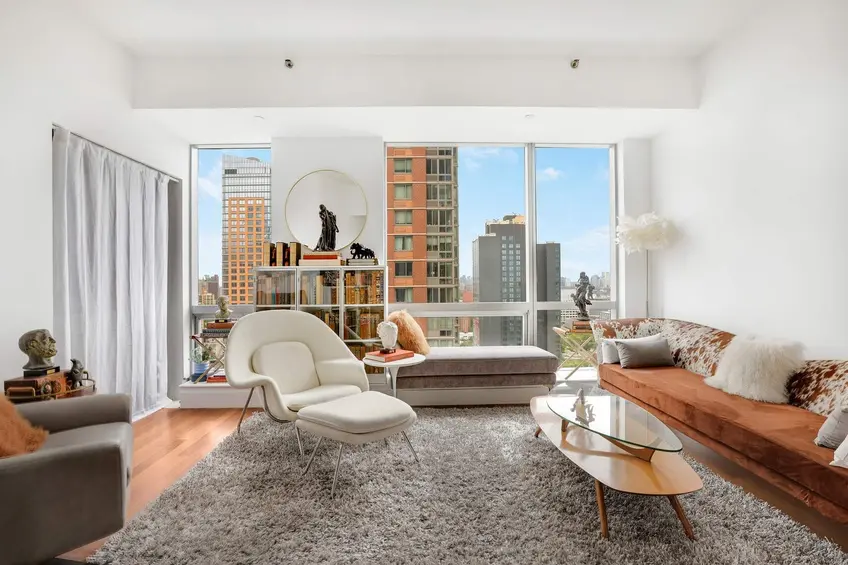 Toren, #2302 (Compass)
Toren, #2302 (Compass)
If you’re looking for a way to grow your wealth, now is an opportune time to invest in New York City residential properties, especially if you have the cash to close without financing. Indeed, while interest rates are on the rise, New York City rents are at a new high, and it may make more sense to buy than pay rent, especially in places like Noho, Tribeca, the Upper East Side Gold Coast, Soho, Carnegie Hill, and DUMBO, the New York City neighborhoods with the highest median rents (per CityRealty listings).
While resale inventory remains low in most parts of the city, if you’re looking to invest in a new construction condo, there are plenty of options across neighborhoods and price points. However, if you want to put your investment property to work for you, you’ll also need to find a reliable tenant. This article explains how to find and screen a great tenant for your investment property.
While resale inventory remains low in most parts of the city, if you’re looking to invest in a new construction condo, there are plenty of options across neighborhoods and price points. However, if you want to put your investment property to work for you, you’ll also need to find a reliable tenant. This article explains how to find and screen a great tenant for your investment property.
In this article:
Review the building’s rules on renting
Unless you're buying a single-family or small multi-family property, the first step, ideally carried out before putting in an offer, is to review the building's rules on renting. Condos are usually flexible, and many permit renting from day one. By contrast, many New York City coops don’t permit rentals or only permit long-term rentals after a certain period of ownership (usually two years).
Gregory House, #2F (Douglas Elliman Real Estate)
The pros and cons of outsourcing management
Once you’ve confirmed that you can rent out your investment property, you’ll need to decide if you want to outsource the management of the property or do it yourself. Many management companies will do everything from screening tenants to collecting rent to managing repairs. Also, most management companies have access to an extensive roster of carefully vetted qualified tradespeople who can respond to emergency repairs. Of course, you'll also pay a price for these services: Most management companies charge at least 10% of the monthly rent to manage a single unit.Listing sites and other tenant recruitment platforms
If you decide to handle the process of recruiting and screening prospective tenants yourself, you'll first need to advertise your listing. Gone are the days of laundromat posters and Craigslist postings. Virtually all rentals are now found on listing sites. If you're an individual apartment owner, you can list your unit for free on CityRealty.To list your unit, you'll need the address, a short description, and other essential details (e.g., number of bedrooms and bathrooms, approximate floor space, monthly rent, and any notable features or amenities). Also, be ready to upload high-quality photographs of the apartment and, if available, a floor plan. Listing your investment property on CityRealty takes a few minutes and will give you access to more than 20,000 prospective renters daily.
How to vet a prospective tenant
If you’re screening tenants yourself, you’ll want to know who they are and that they can pay the rent, keep your unit in good condition, and be a welcome neighbor to anyone living nearby. Among other things, you should ask every prospective tenant to complete or provide the following documents:- Rental application: You can download a free rental application template online or create your own. Whatever you do, the application, which typically asks for basic information (name, birth date, employment history, rental history, and references), is the first step.
- Proof of identity: Ask for valid government-issued photo identification for the applicant and anyone who will be living with them.
- Proof of income: Proof of income is a key part of any application. You can obtain this by asking for the applicant's most recent W2s, tax returns, and/or employment letter. If the applicant owns their own business or is a contractor, ask for up to three years of 1099s and, for the current year, a statement of profit and loss prepared by a certified accountant.
- Credit report: The best way to screen any tenant is to run a credit report.
- Letter of recommendation: While optional, it doesn’t hurt to ask for a recommendation. This is especially advisable if the tenant will also need to undergo board approval.
- Guarantor documents: Sometimes, your prospective tenant may not make enough money to cover the rent, which in New York City is generally considered 40 times the monthly rent. If they are relying on a guarantor, you'll also need to acquire all the above documentation (excluding the letters of recommendation) from the guarantor.
Special considerations for coop and condo units
You'll need to be even more discerning if you're looking to place a tenant in a coop or condo property since most coops and condos will want to review the prospective tenant's application. Sometimes, they may even require the tenant to undergo a board interview. Before you seek out a prospective tenant for a coop or condo unit, be certain you understand the board's rules on screening tenants. If they will be reviewing the tenant's financials and interviewing them, you'll obviously want to recommend prospective tenants who seem most likely to get the green light.Toren, #1607 (Compass)
The importance of understanding the law
While you are permitted to screen tenants based on their financials, and certainly want to choose a tenant who will be likely to charm your coop or condo board if an interview is required, it is against the law to discriminate against prospective tenants based on their "actual or perceived race, creed, color, national origin, gender, age, disability, sexual orientation, uniformed service, marital status, partnership status, alienage or citizenship status of any person or group of persons, or because of any lawful source of income of such person or persons, or because children are, may be or would be residing with such person or persons." Read more on the City of New York's Fair Housing site.While interviewing tenants, also avoid asking certain types of questions. Among other questions, never ask a tenant if they have a disability, where they were born, or how old they are. Also, avoid asking about religion, sexual orientation, race, or ethnicity. Finally, be careful not to ask for documentation that suggests you are probing for such information. Requiring medical documentation, a marriage certificate, or even a passport may be construed as inappropriate. If you ask for government-issued identification (e.g., a driver's license), it is fine to do so, but ensure you do this consistently for all prospective tenants. The Fair Housing Act, New York State Human Rights Law, and the New York City Human Rights Law all prohibit housing discrimination.
Select investor-friendly apartments on the market now
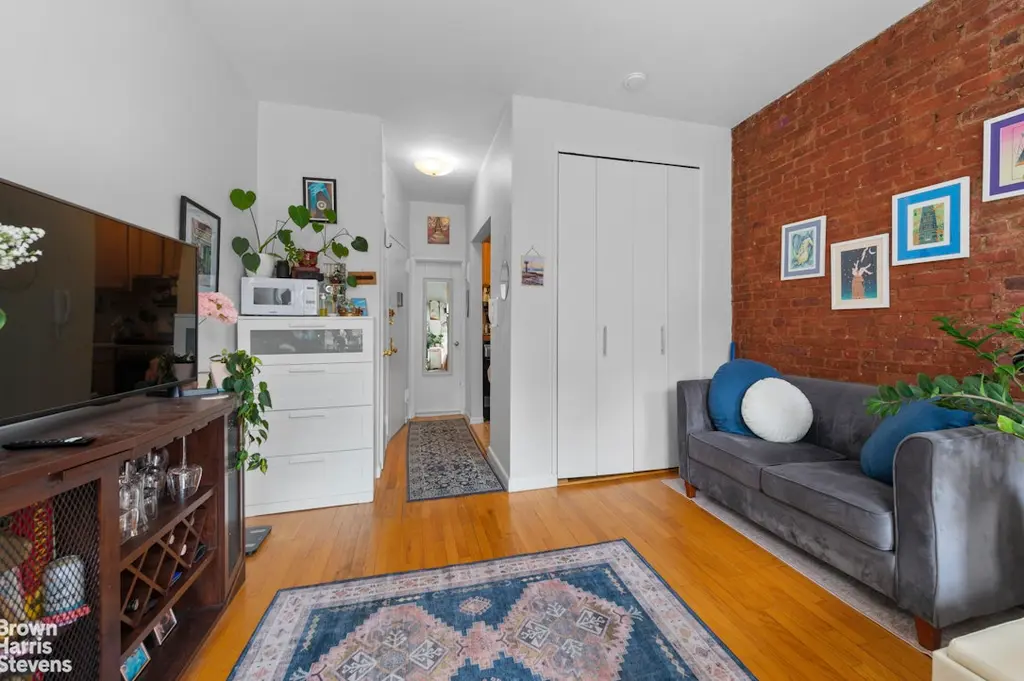
529 East 88th Street, #5A (Brown Harris Stevens Residential Sales LLC)
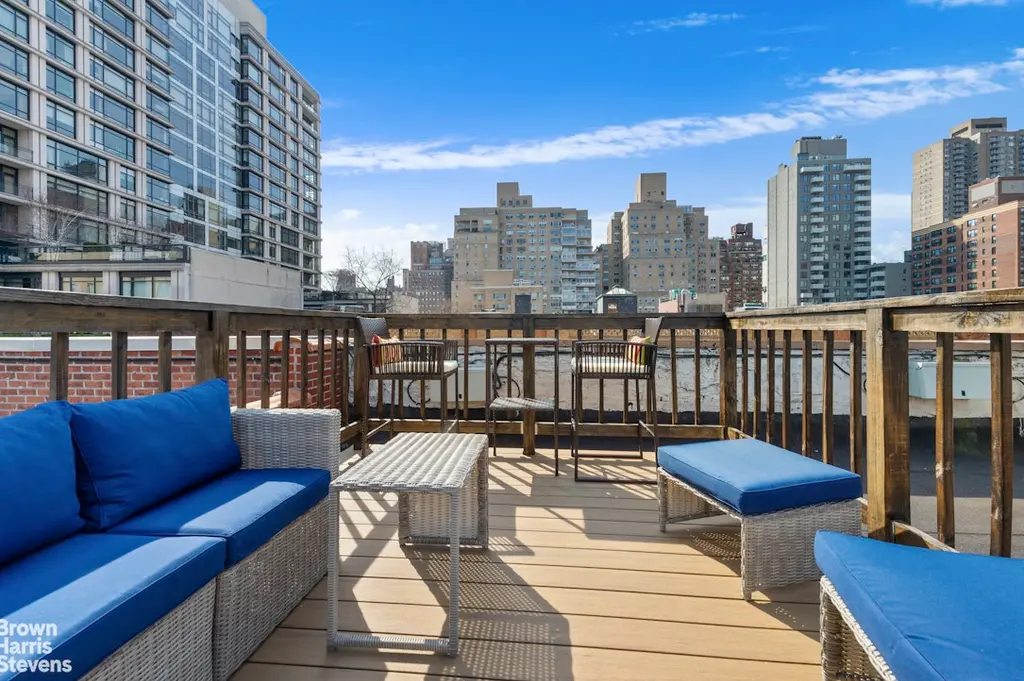
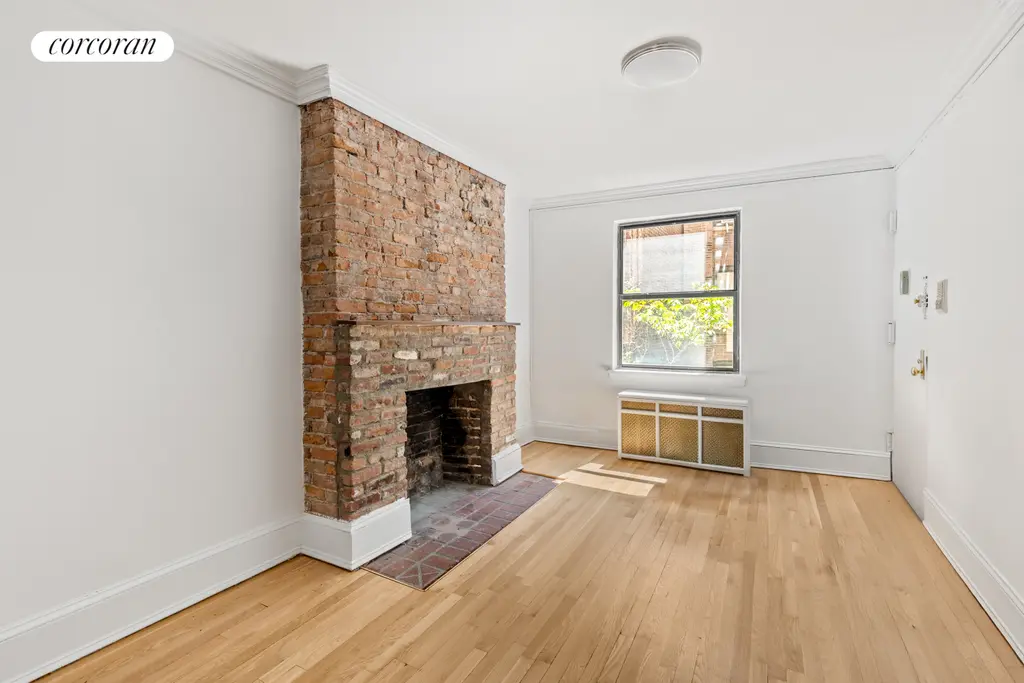
113 West 15th Street, #1E (Corcoran Group)
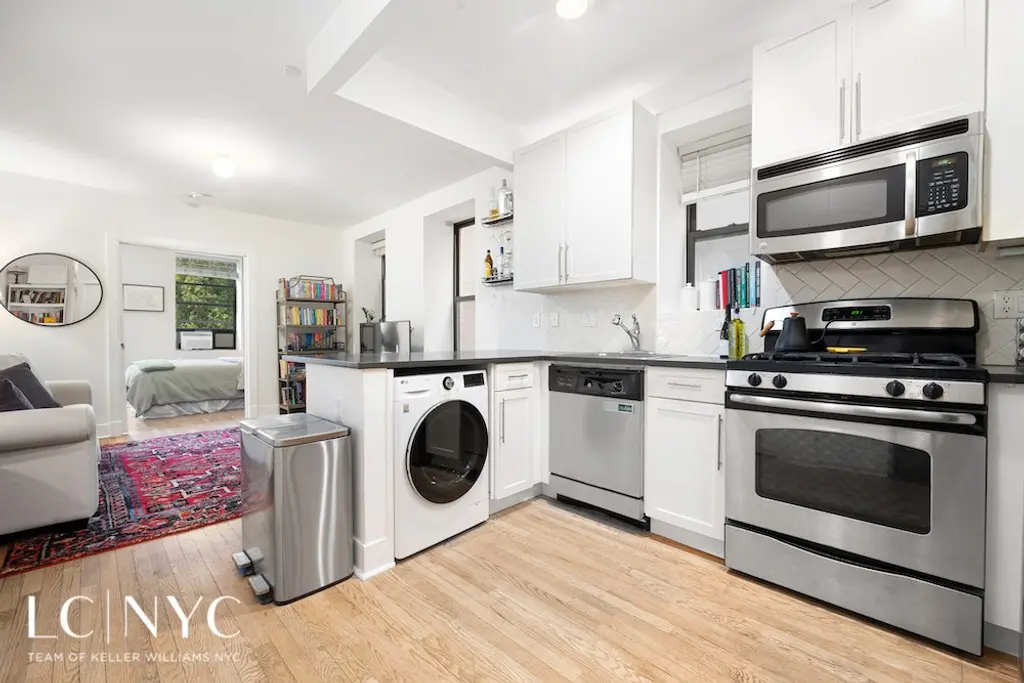
305 West 150th Street, #306 (Keller Williams NYC)
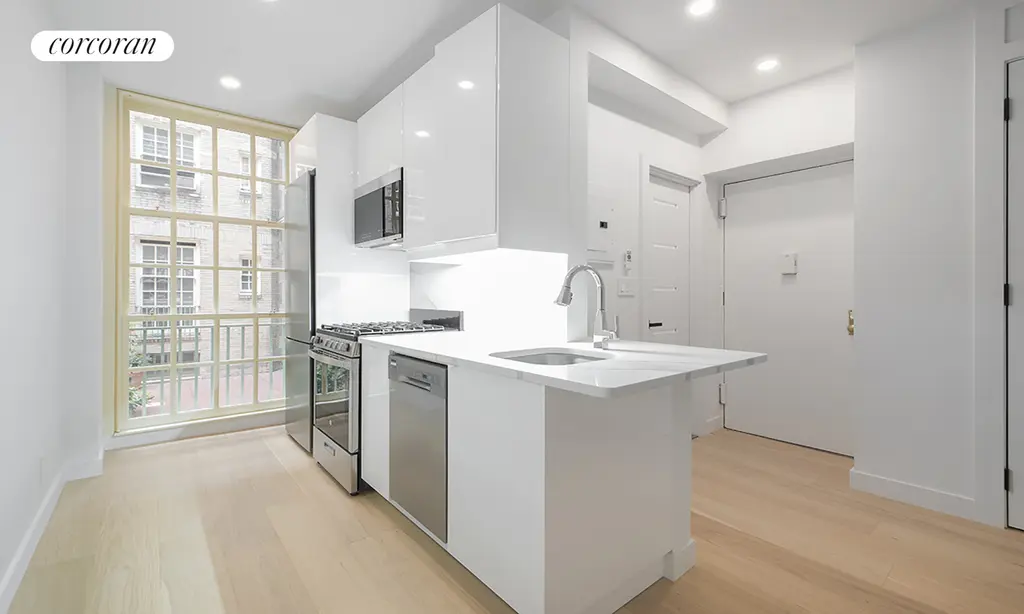
The Cherokee, #1P (Corcoran Group)

The Berkeley, #505 (Douglas Elliman Real Estate)
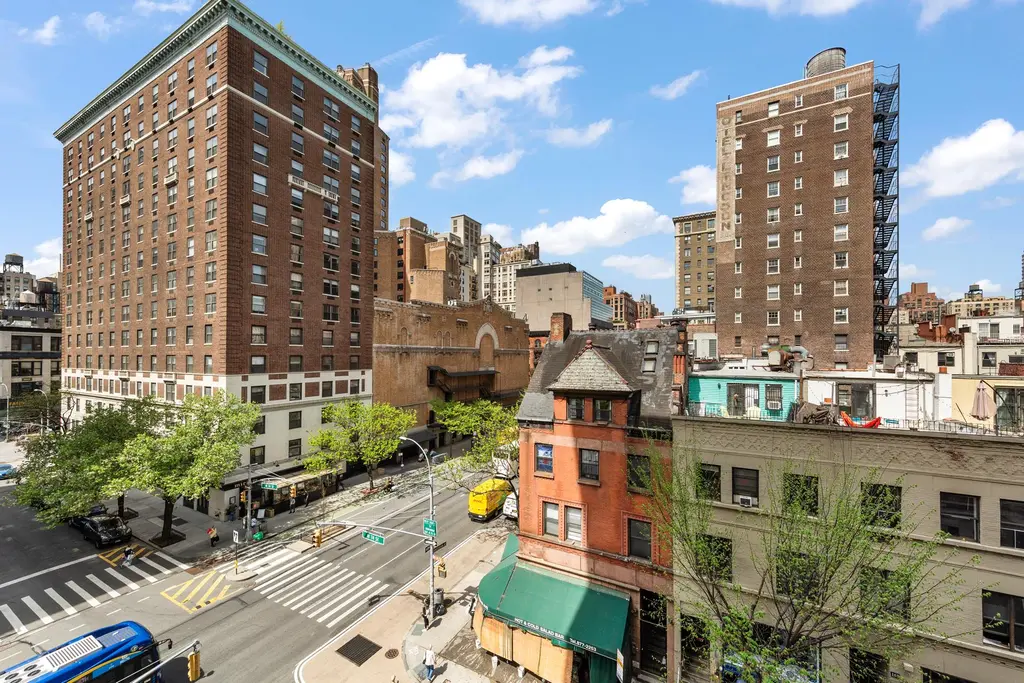
Would you like to tour any of these properties?
Just complete the info below.
Or call us at (212) 755-5544

240 East 24th Street, #2H (Douglas Elliman Real Estate)
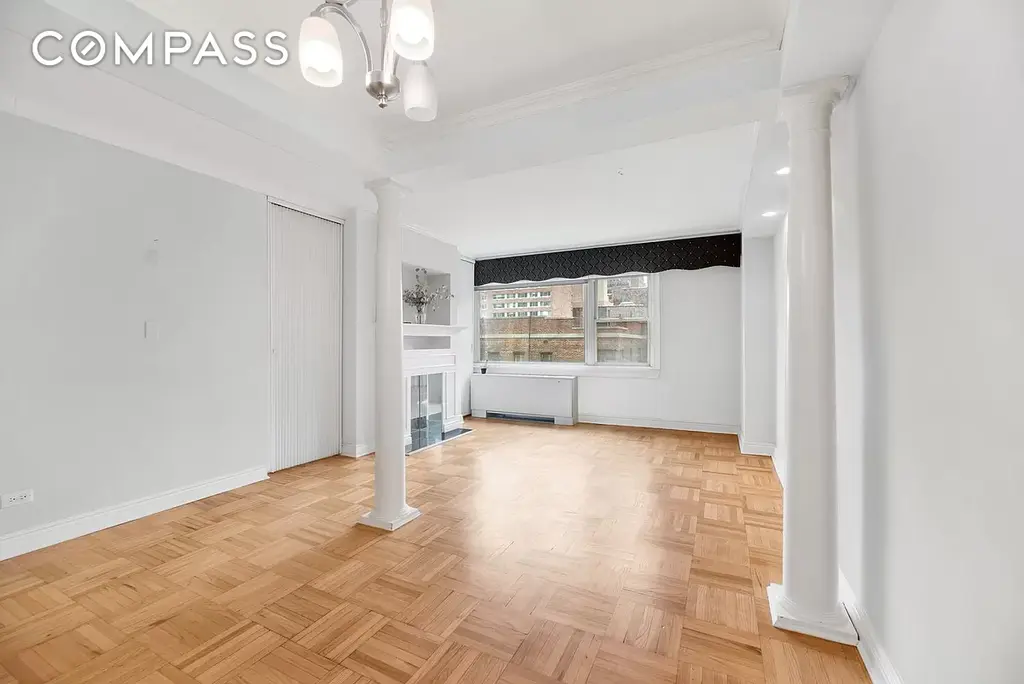
The Bryn Mawr, #8K (Compass)
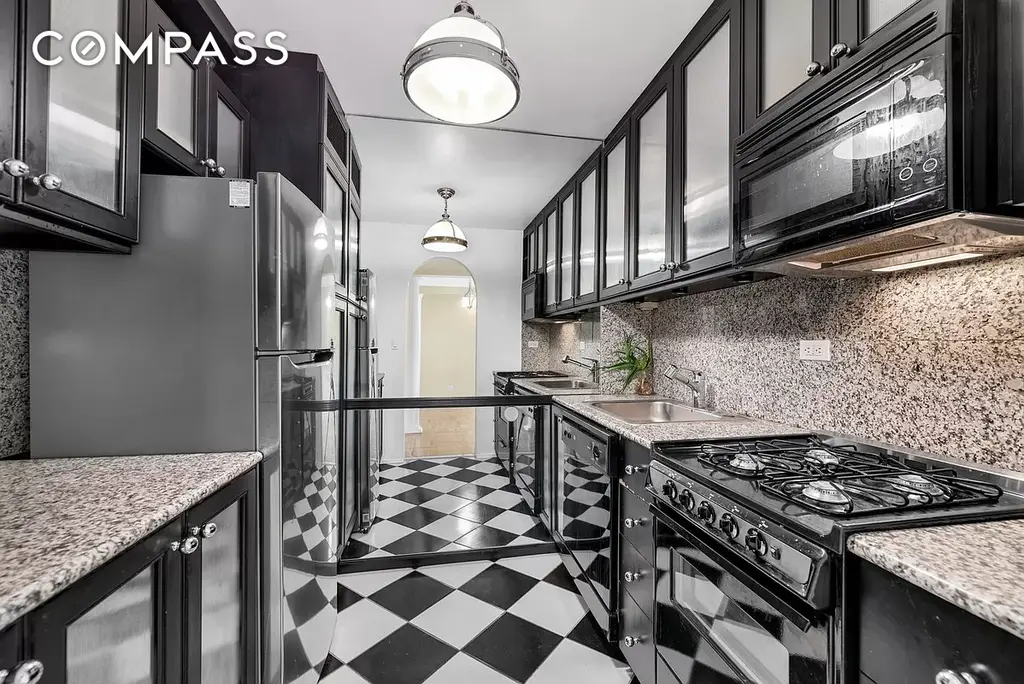
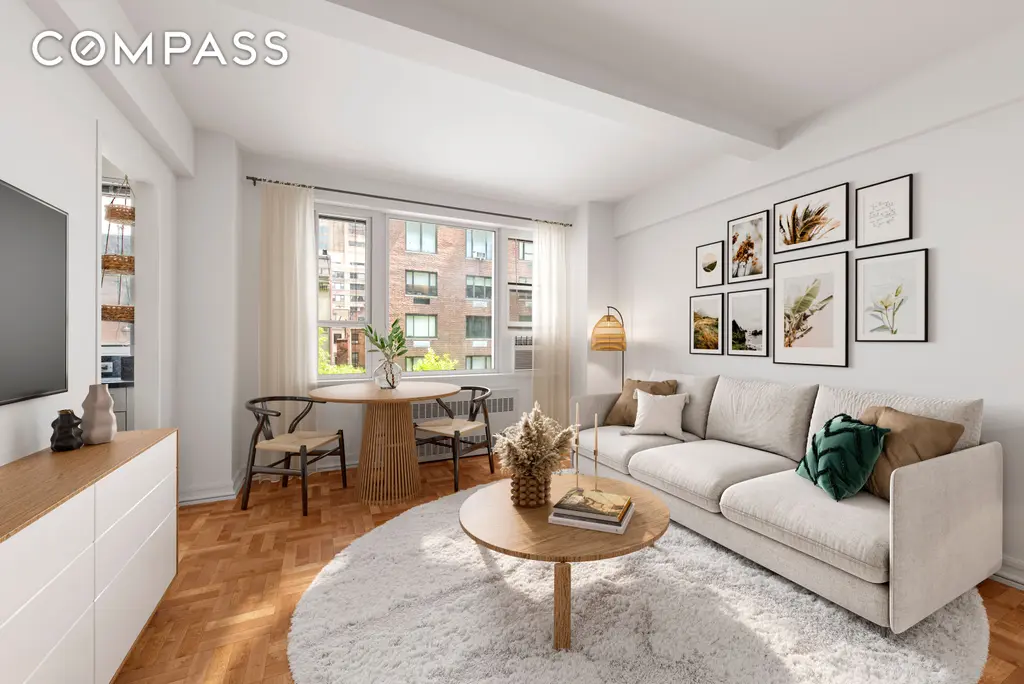
Morgan Park Condominium, #6G (Compass)
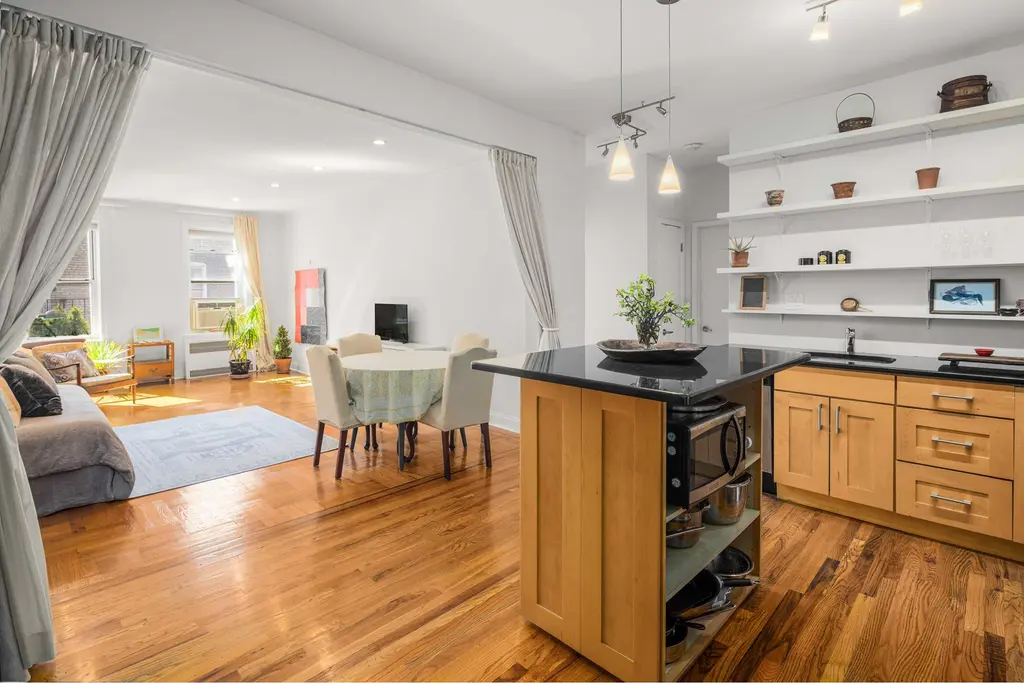
Emroy House, #6C (Douglas Elliman Real Estate)
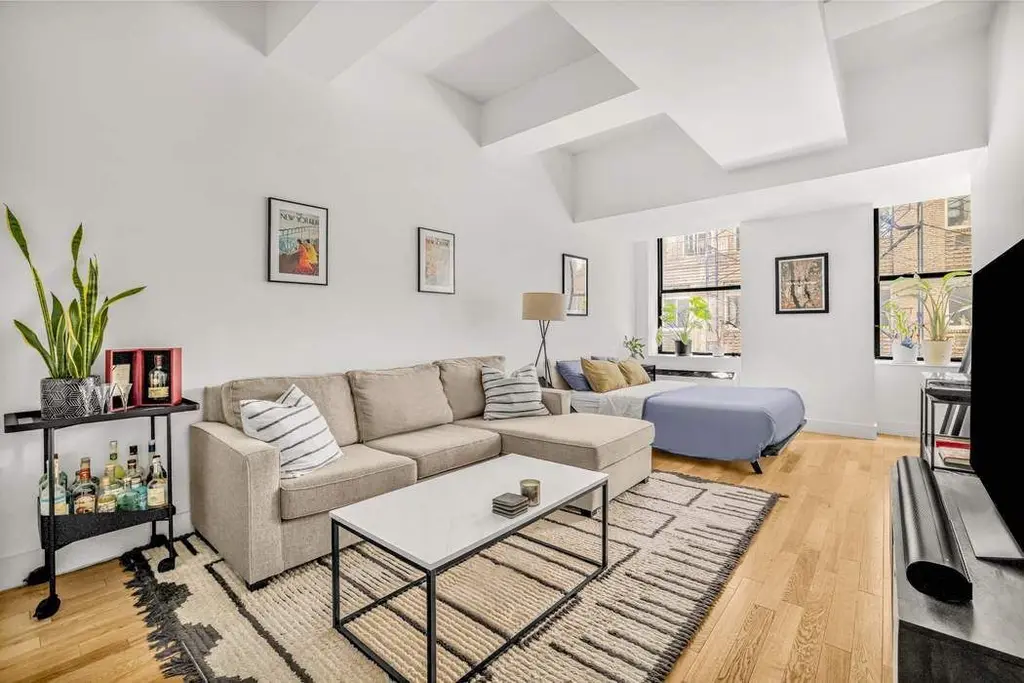
99 John Deco Lofts, #1011 (Sothebys International Realty)
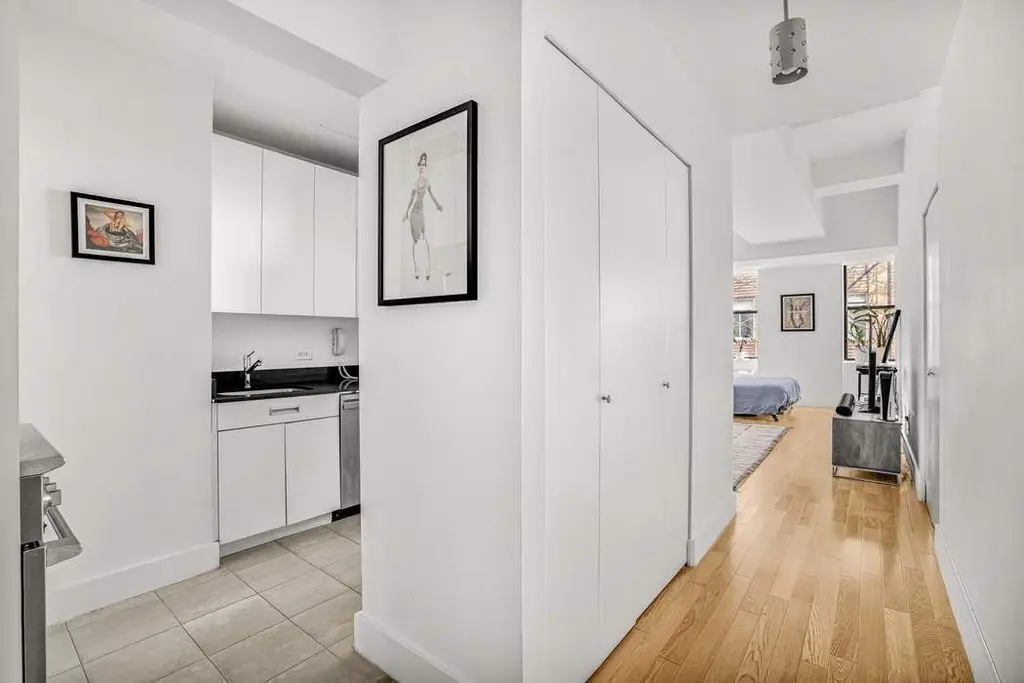
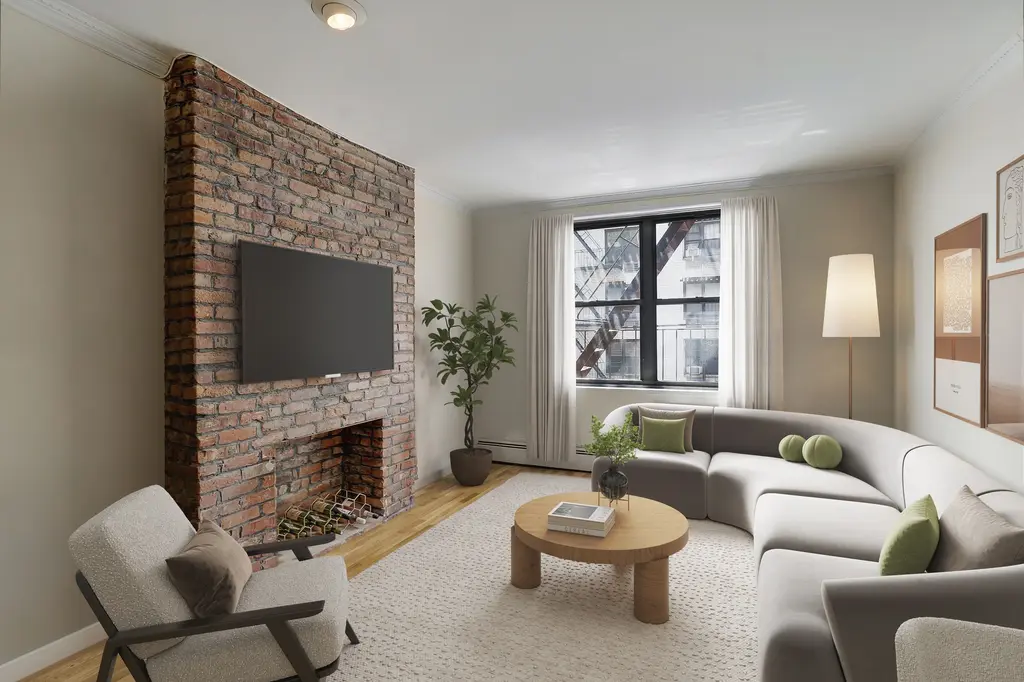
229 East 29th Street, #E3 (Nest Seekers LLC)
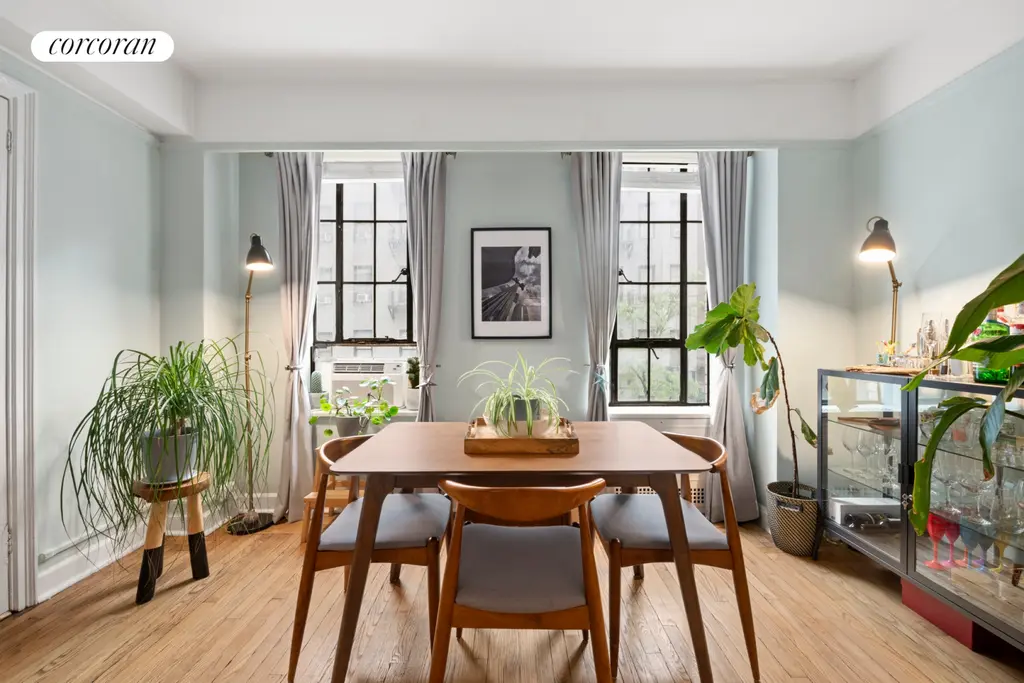
The Parc Vendome, #3G (Corcoran Group)


1173 Rogers Avenue, #5C (Corcoran Group)
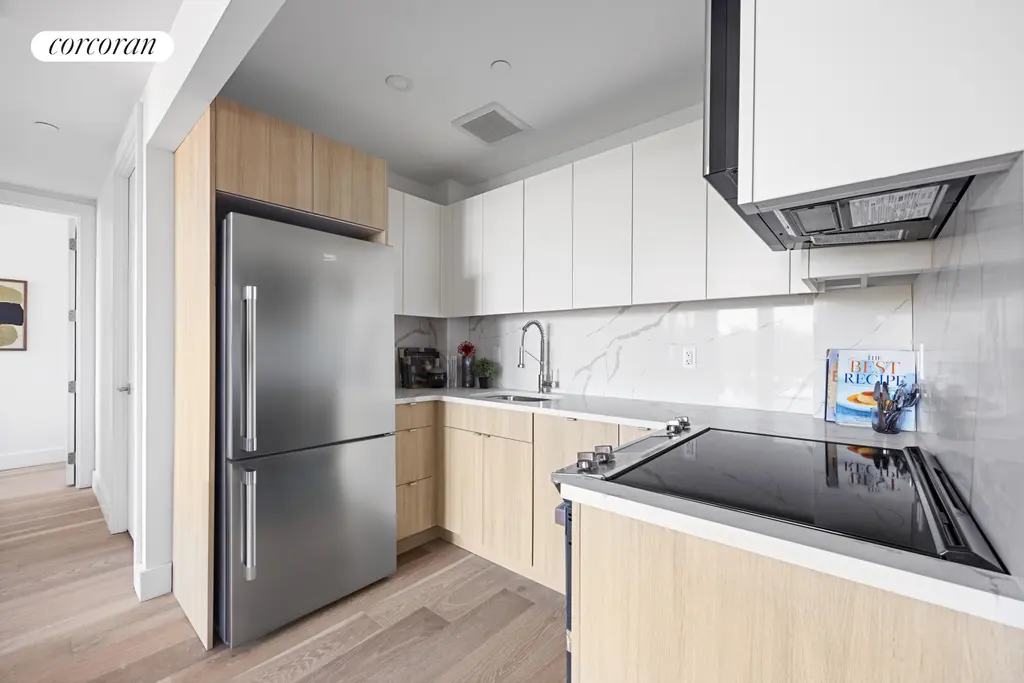
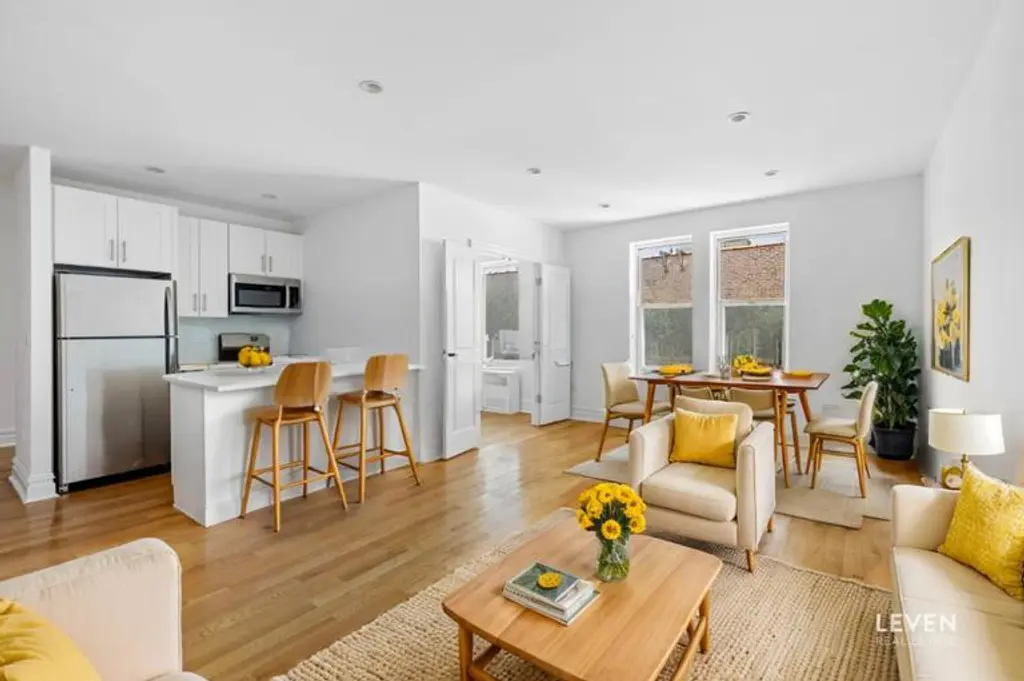
The John James, #6B (Leven Real Estate)

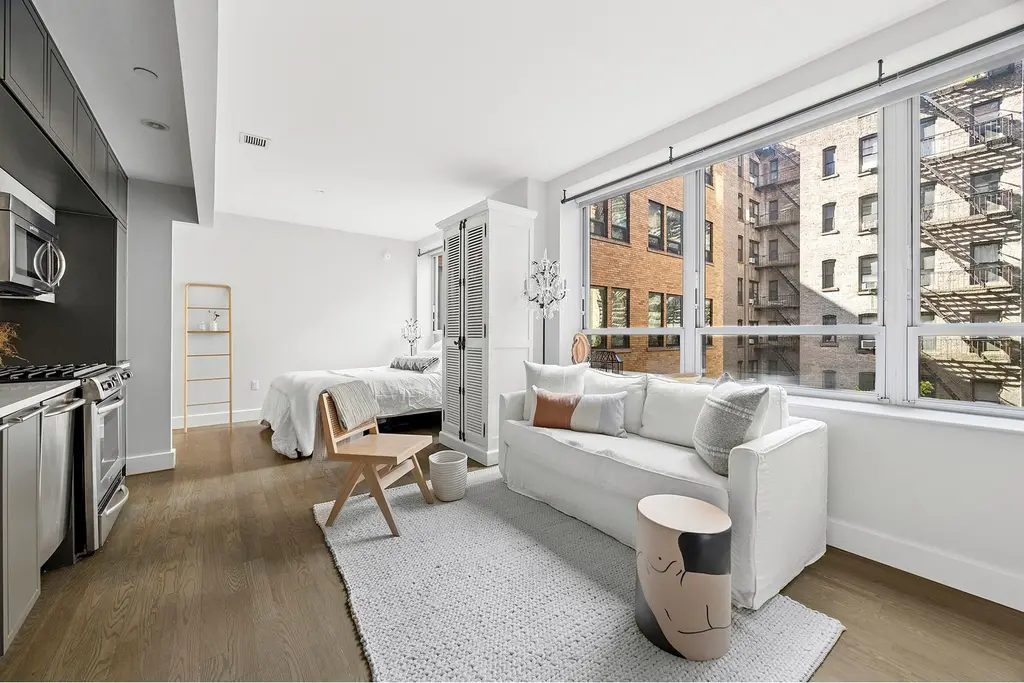
432 West 52nd Street, #2B (Douglas Elliman Real Estate)
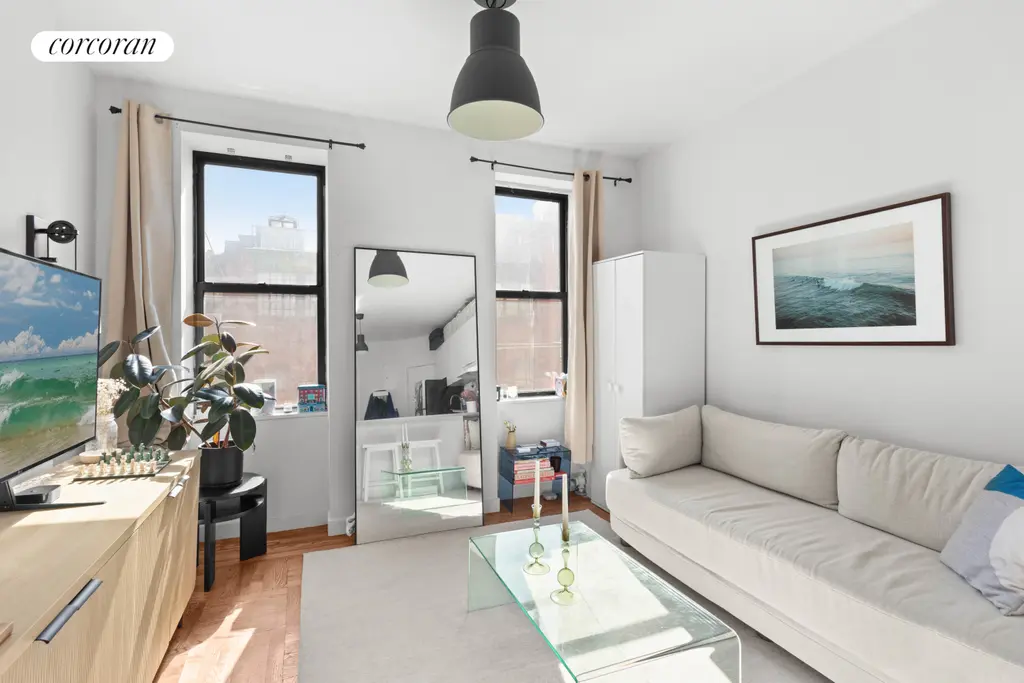
175 Bleecker Street, #18 (Corcoran Group)
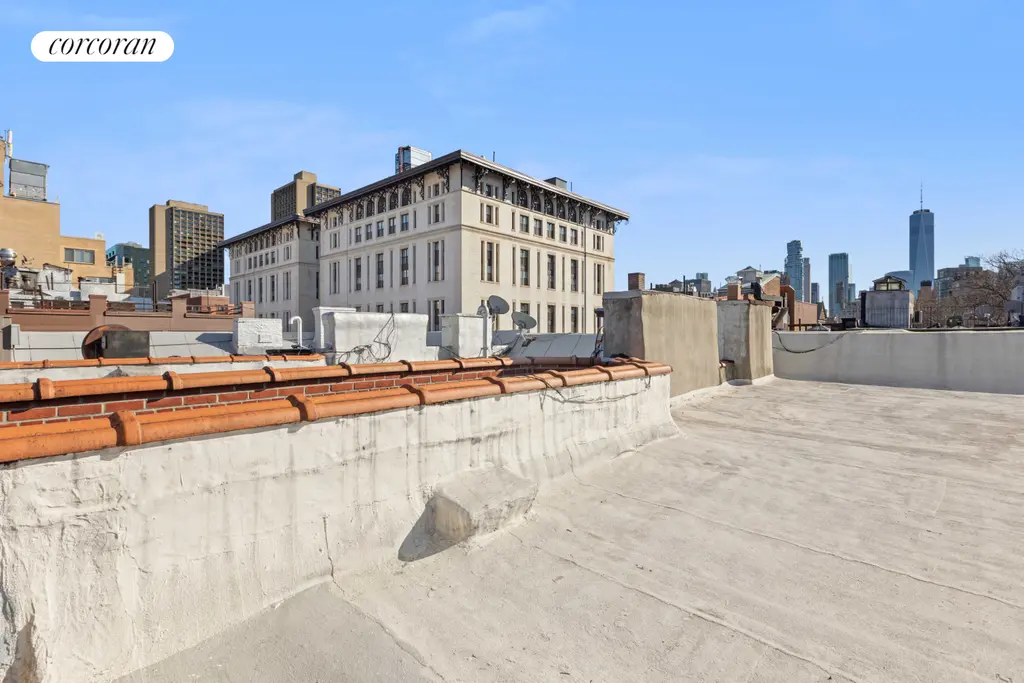
Toren, #2302 (Compass)
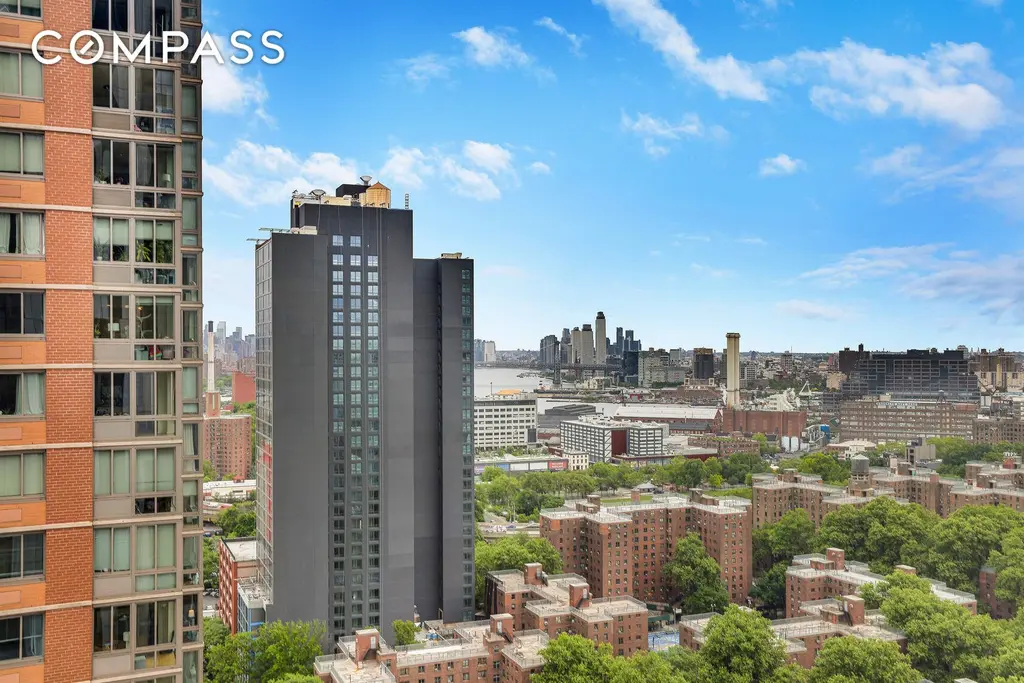

The Royal York I, #E7A (Compass)
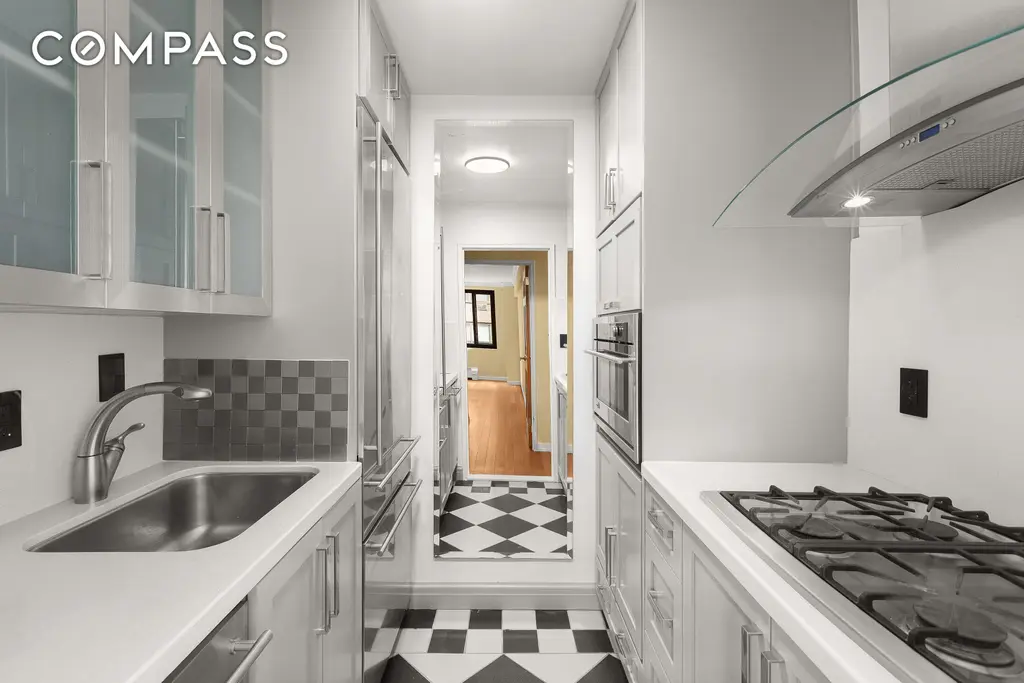
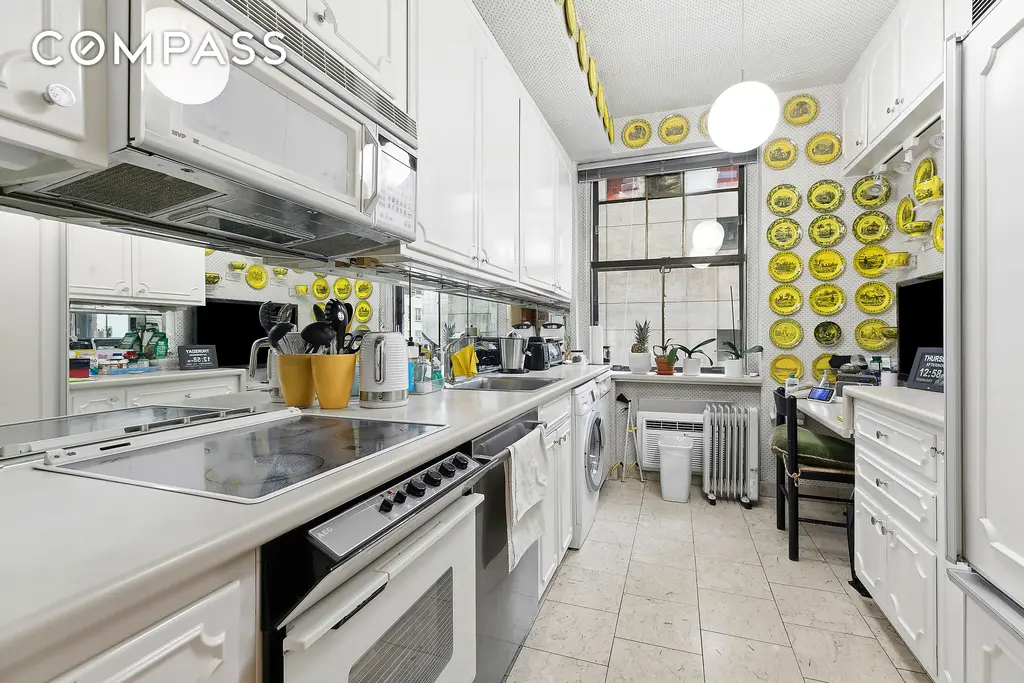
The Lombardy, #1005 (Compass)

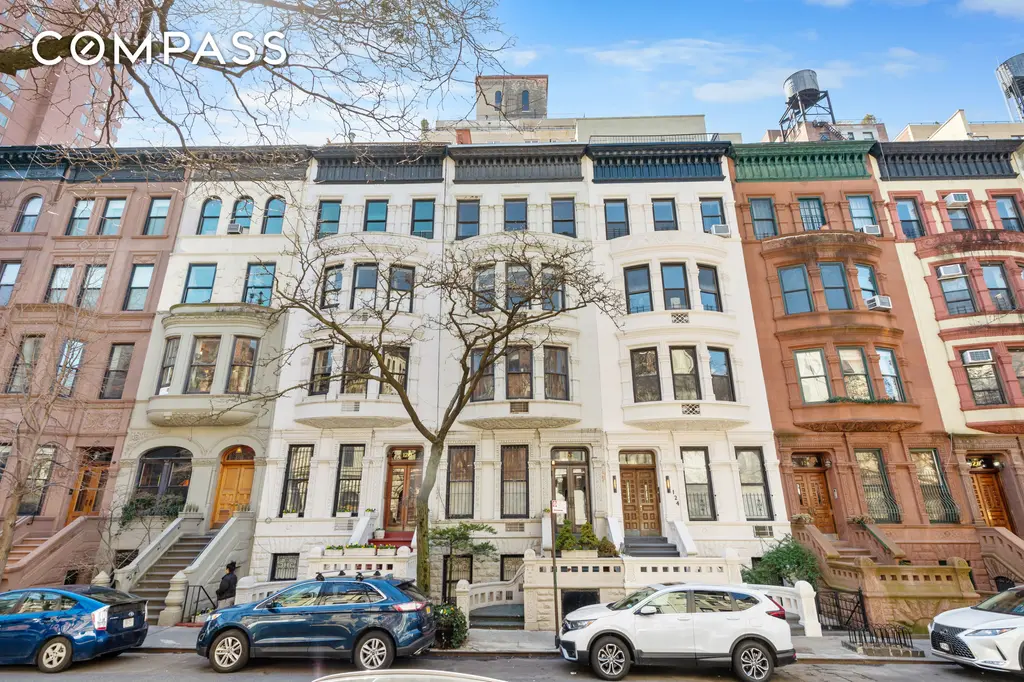
122 West 80th Street, #3F (Compass)
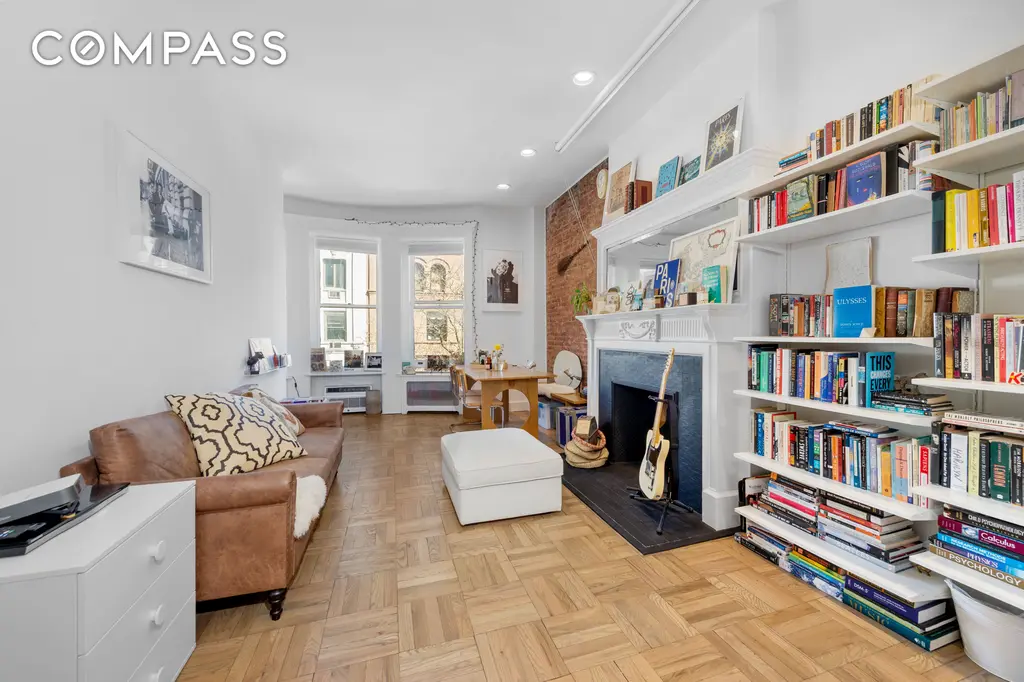
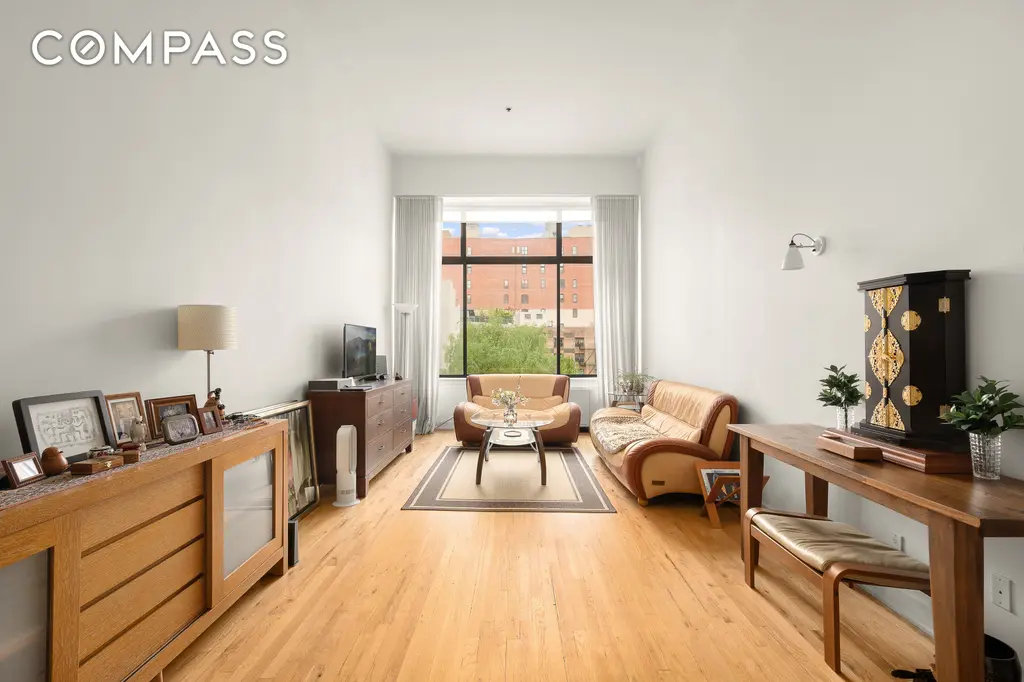
Bleecker Court, #618 (Compass)
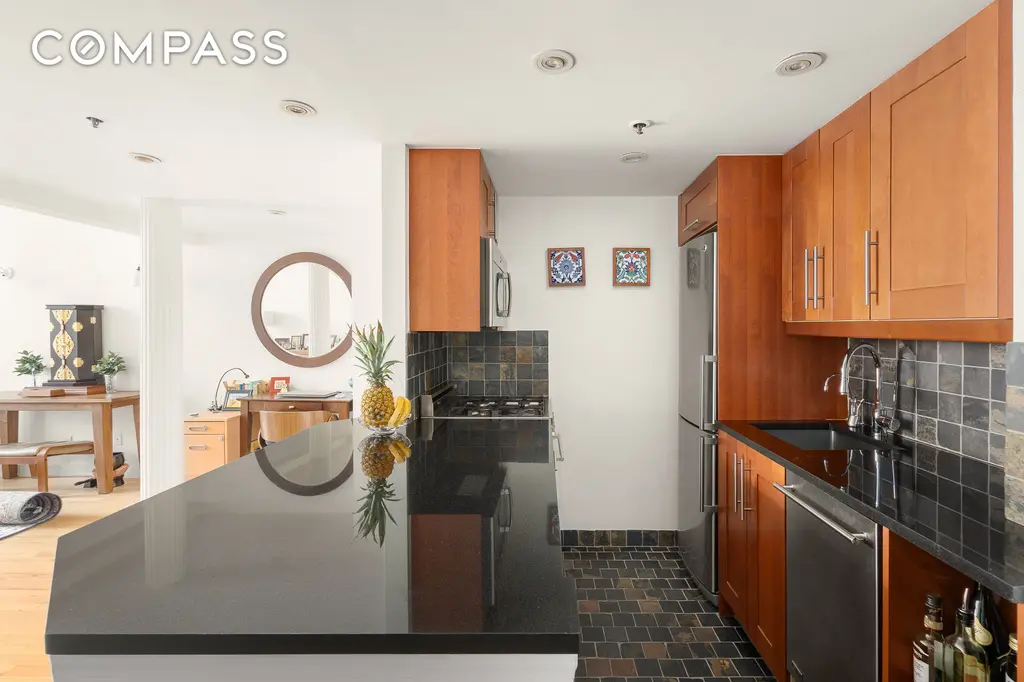
176 Broadway, #3C
$895,000 (-18.6%)
Financial District | Cooperative | 2 Bedrooms, 2 Baths | 1,579 ft2
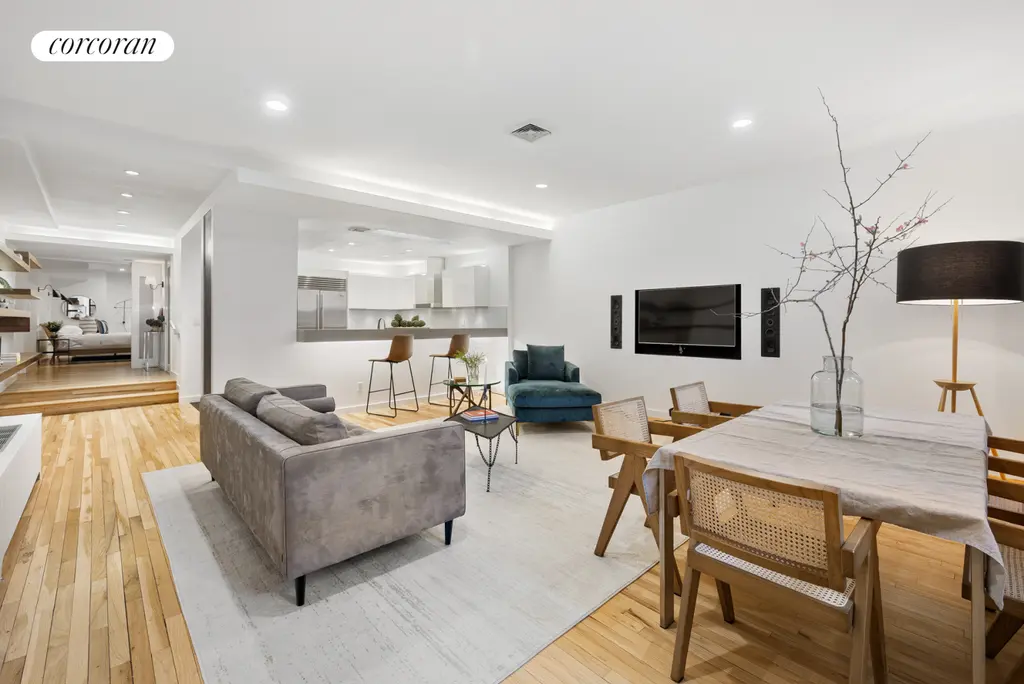
176 Broadway, #3C (Corcoran Group)
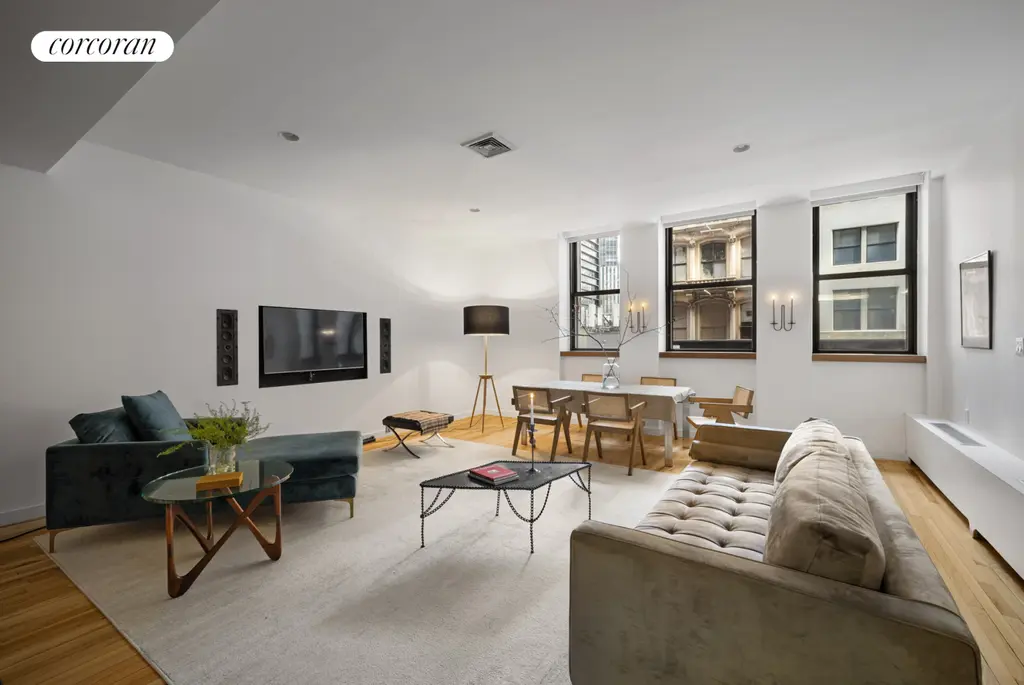
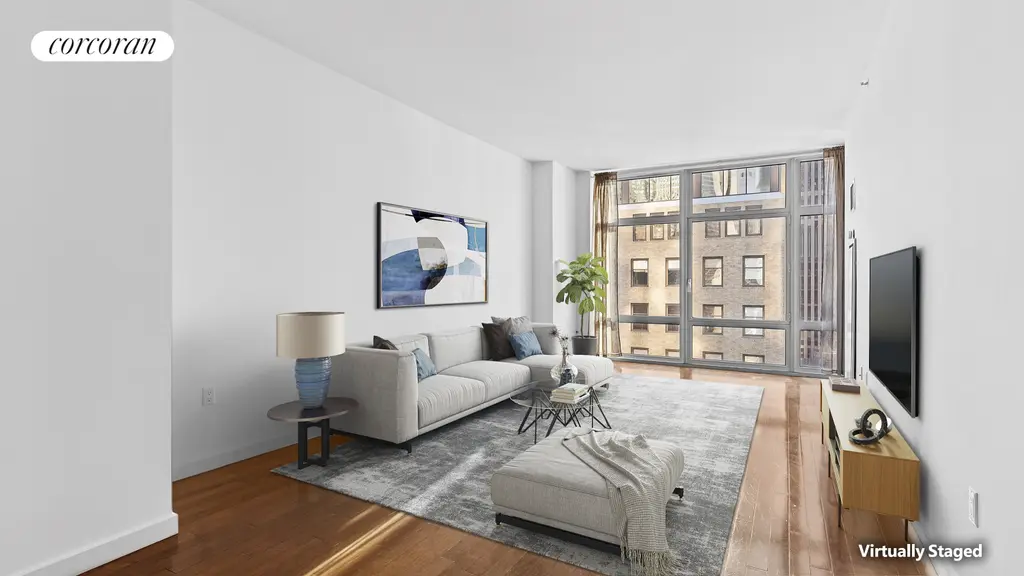
1600 Broadway, #17A (Corcoran Group)
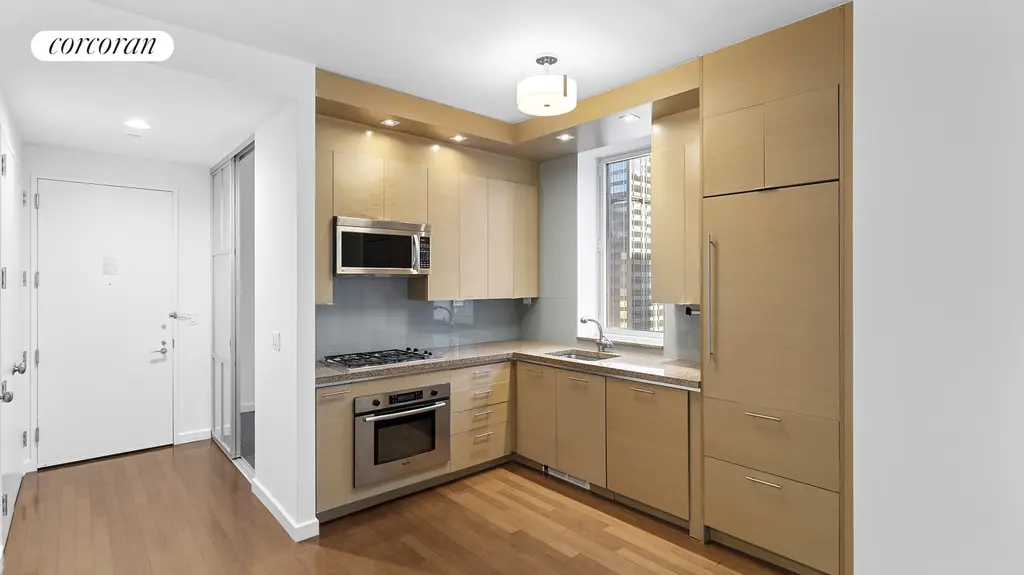

223 Maujer Street, #3A (Douglas Elliman Real Estate)

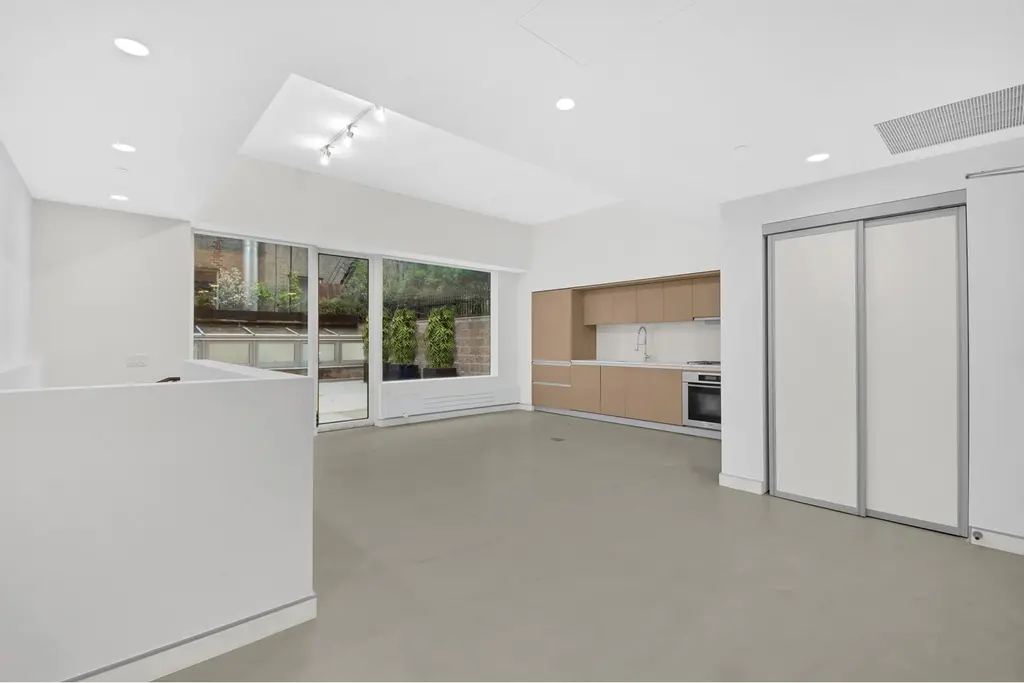
459 West 18th Street, #1 (Douglas Elliman Real Estate)
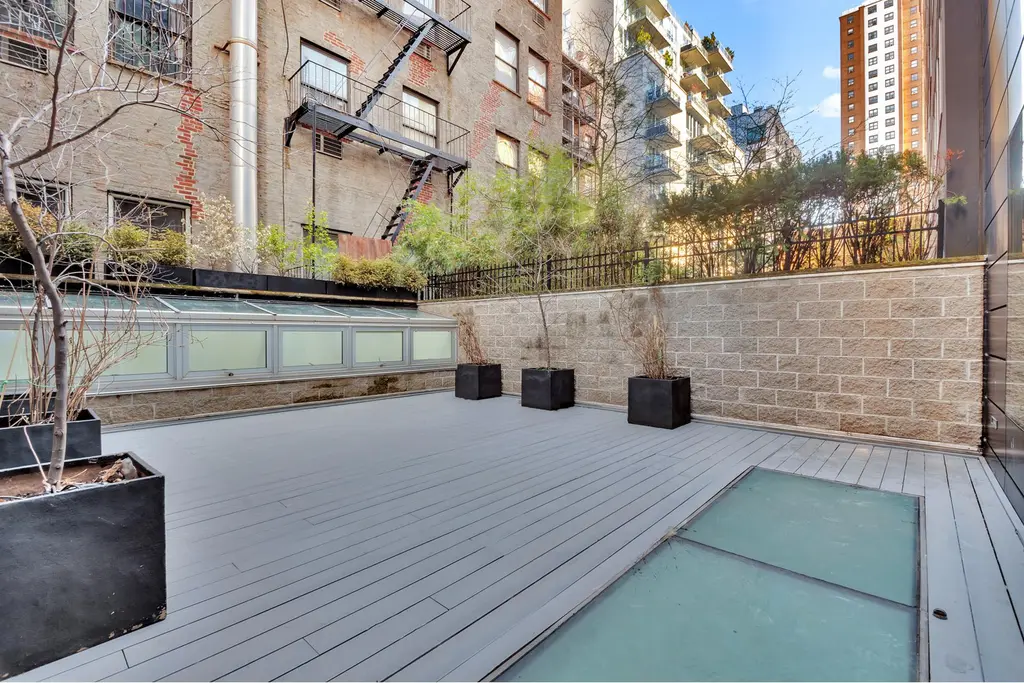
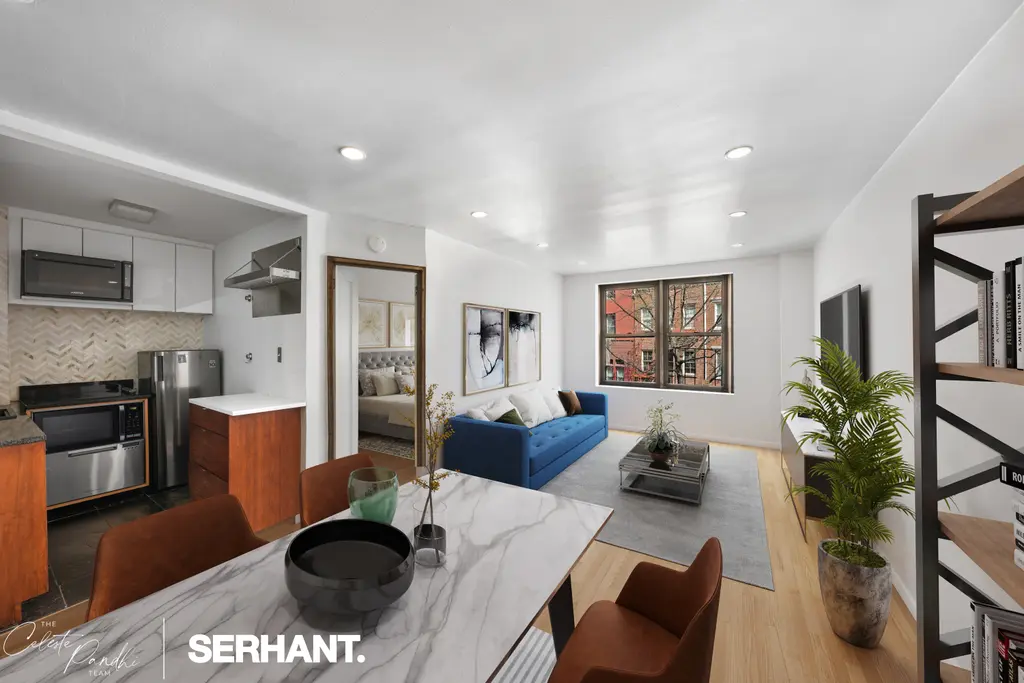
165 Christopher Street, #2K (Serhant)

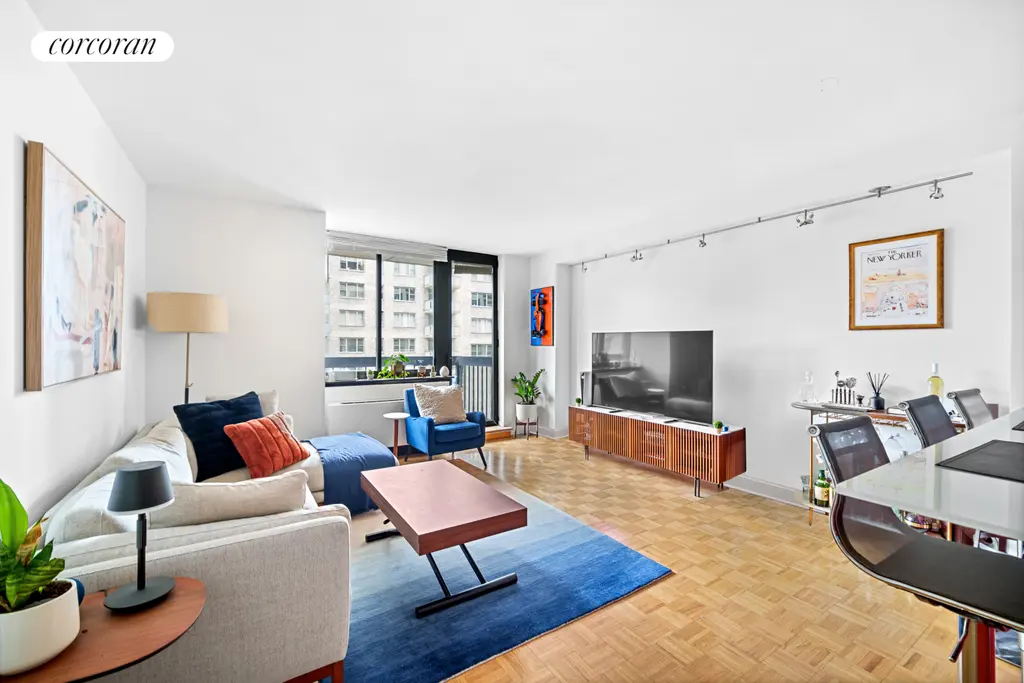
The Highpoint, #17F (Corcoran Group)
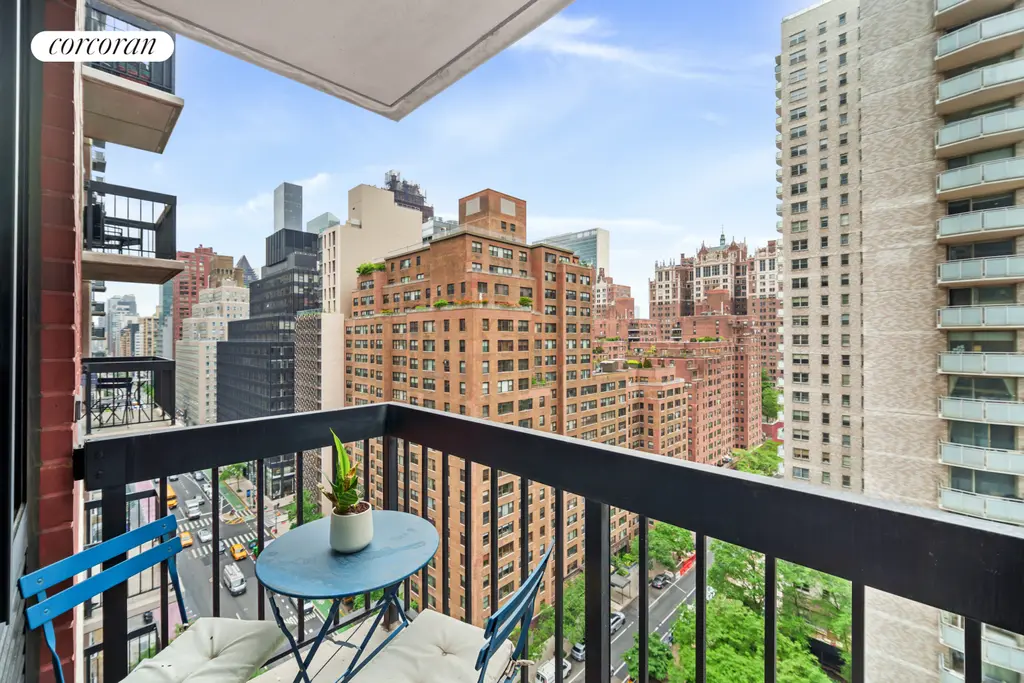

Greenwich Court, #3LN (Corcoran Group)
Would you like to tour any of these properties?
Just complete the info below.
Or call us at (212) 755-5544
Would you like to tour any of these properties?

Contributing Writer
Cait Etherington
Cait Etherington has over twenty years of experience working as a journalist and communications consultant. Her articles and reviews have been published in newspapers and magazines across the United States and internationally. An experienced financial writer, Cait is committed to exposing the human side of stories about contemporary business, banking and workplace relations. She also enjoys writing about trends, lifestyles and real estate in New York City where she lives with her family in a cozy apartment on the twentieth floor of a Manhattan high rise.













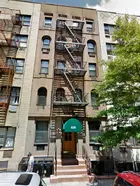
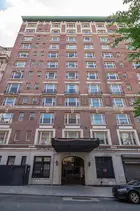






























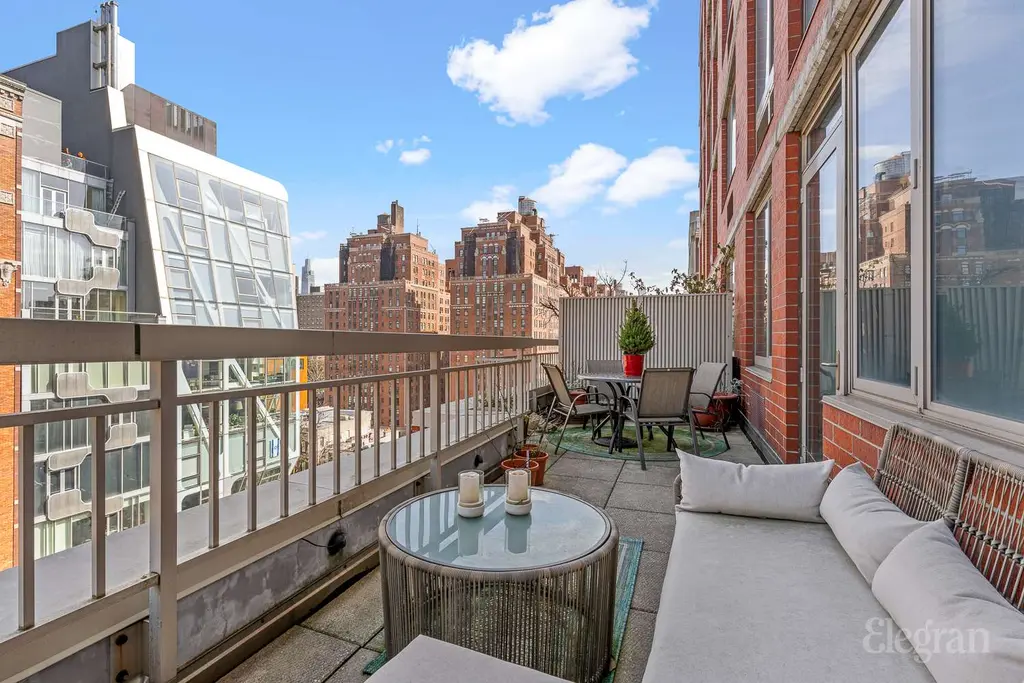


 6sqft delivers the latest on real estate, architecture, and design, straight from New York City.
6sqft delivers the latest on real estate, architecture, and design, straight from New York City.
